Ever wondered if your cat actually loves you, or just loves the food you serve? The age-old debate about feline loyalty sparks countless arguments at dinner tables and pet forums alike. Unlike dogs, cats wear their emotions like a chic, mysterious coat—never too obvious, sometimes a little aloof, but always intriguing. Cat lovers will swear by their pet’s dedication, while skeptics point to the classic “independent cat” stereotype. But what’s the real story here? Are cats even capable of loyalty, or is it just wishful thinking? Let’s pull back the curtain and explore the truth about whether cats can be “loyal” pets.
What Do We Really Mean by Loyalty?

Loyalty is a loaded word, often tied to images of dogs waiting faithfully by the door. But does it mean the same thing for cats? For some, loyalty means unwavering devotion—like a pup following you from room to room. For cats, however, it can be more subtle. Instead of clinginess, feline loyalty might look like a gentle headbutt or a quiet presence in the same room. It’s less about dramatic gestures and more about quiet companionship. The tricky part is that loyalty in cats doesn’t always follow the rules we expect from other pets. So, redefining loyalty through a cat’s eyes helps us appreciate their unique ways of showing trust and affection.
The Origins of the “Independent Cat” Myth

Cats have a long history of being painted as solitary, mysterious creatures. Unlike dogs, which have evolved alongside humans as pack animals, cats were domesticated much later and kept their wild side. Ancient Egyptians adored cats for their hunting skills, not their snuggly personalities. Over time, this bred the idea that cats are independent to a fault. But the truth is, cats are social animals in their own way. They may not always crave constant attention, but they form strong bonds with their human families. The myth of the solitary cat is just that—a myth, born from misunderstanding their social cues.
The Science Behind Cat-Human Bonds

Researchers have started to dig into what really goes on in a cat’s mind. Studies show that cats recognize their owners’ voices and even display signs of separation anxiety. Some scientists believe cats see their owners as a source of safety, much like children see their parents. When a cat follows you from room to room, it isn’t just being nosy—it’s showing attachment. Brain scans and behavioral studies reveal that cats can and do form deep emotional bonds with the people who care for them. Science is finally catching up to what cat lovers have always known in their hearts.
Signs Your Cat Is Loyal to You

Ever noticed your cat greeting you at the door or curling up next to you on cold nights? These are classic signs of feline loyalty. A loyal cat might bring you “gifts” (like that unfortunate mouse), or knead your lap with their paws. Even slow blinking at you is their secret way of saying “I trust you.” Some cats become distressed when their favorite person leaves, showing anxiety or acting out. These gestures, while subtle, are a cat’s unique way of expressing loyalty. It’s not about grand displays—it’s about tiny moments of trust and connection.
How Do Cats Show Affection Differently from Dogs?

Dogs are all about wagging tails, sloppy kisses, and jumping up for attention. Cats, on the other hand, are masters of the understated. Instead of leaping into your arms, a cat might simply sit nearby, purr softly, or give you a gentle head bump. Sometimes, just being in the same room as you is their way of saying, “I like you.” While dogs are social butterflies, cats are more like introverted best friends who value quality time over quantity. Their affection is quieter, but no less meaningful.
Can Cats Be Protective of Their Owners?

You might be surprised to learn that cats can actually be protective. There are stories of cats alerting families to fires, hissing at strangers, or even standing guard over sleeping babies. While their protective instincts aren’t as obvious as a barking dog, cats do look out for their humans. If your cat places itself between you and a perceived threat (even a vacuum cleaner), it’s showing a kind of loyalty that’s easy to miss. Their protectiveness may not always be heroic, but it’s real.
Does Breed Affect Feline Loyalty?

Certain cat breeds are known for being more people-oriented. For example, Ragdolls, Siamese, and Maine Coons often follow their owners around like shadows. While every cat is an individual, some breeds are simply more social and attached than others. Of course, personality matters more than pedigree. Mixed-breed cats can be just as loyal as their purebred cousins. What matters most is the bond you build with your feline friend, not their family tree.
The Role of Early Socialization
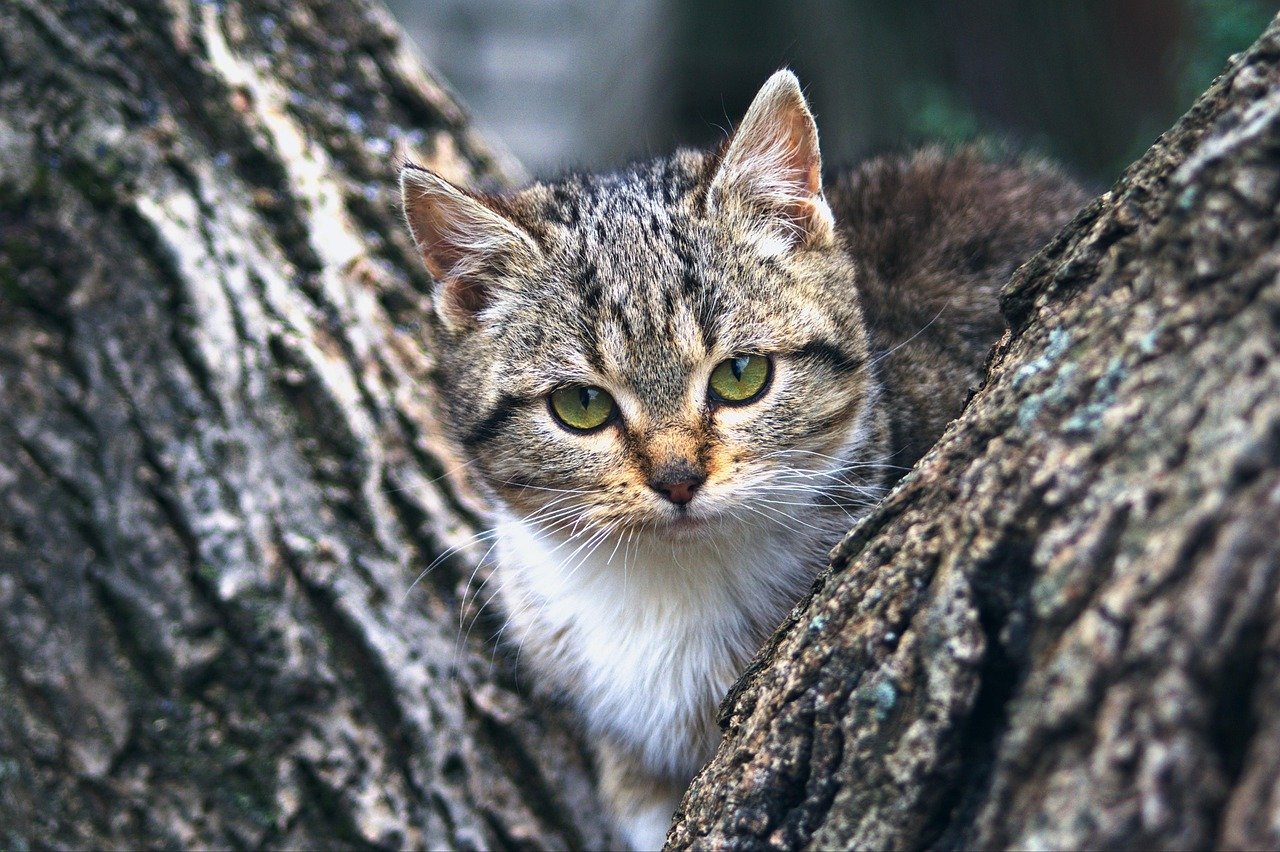
A cat’s early experiences play a huge role in shaping its loyalty. Kittens that are handled gently and exposed to positive human interaction early on are often more trusting adults. Socialization helps cats learn that people are safe and fun to be around. If a cat misses out on this critical window, it might be more reserved—but that doesn’t mean it can’t learn to trust. Patient, loving care goes a long way in building loyalty and confidence, no matter a cat’s age.
Do Cats Remember Acts of Kindness?
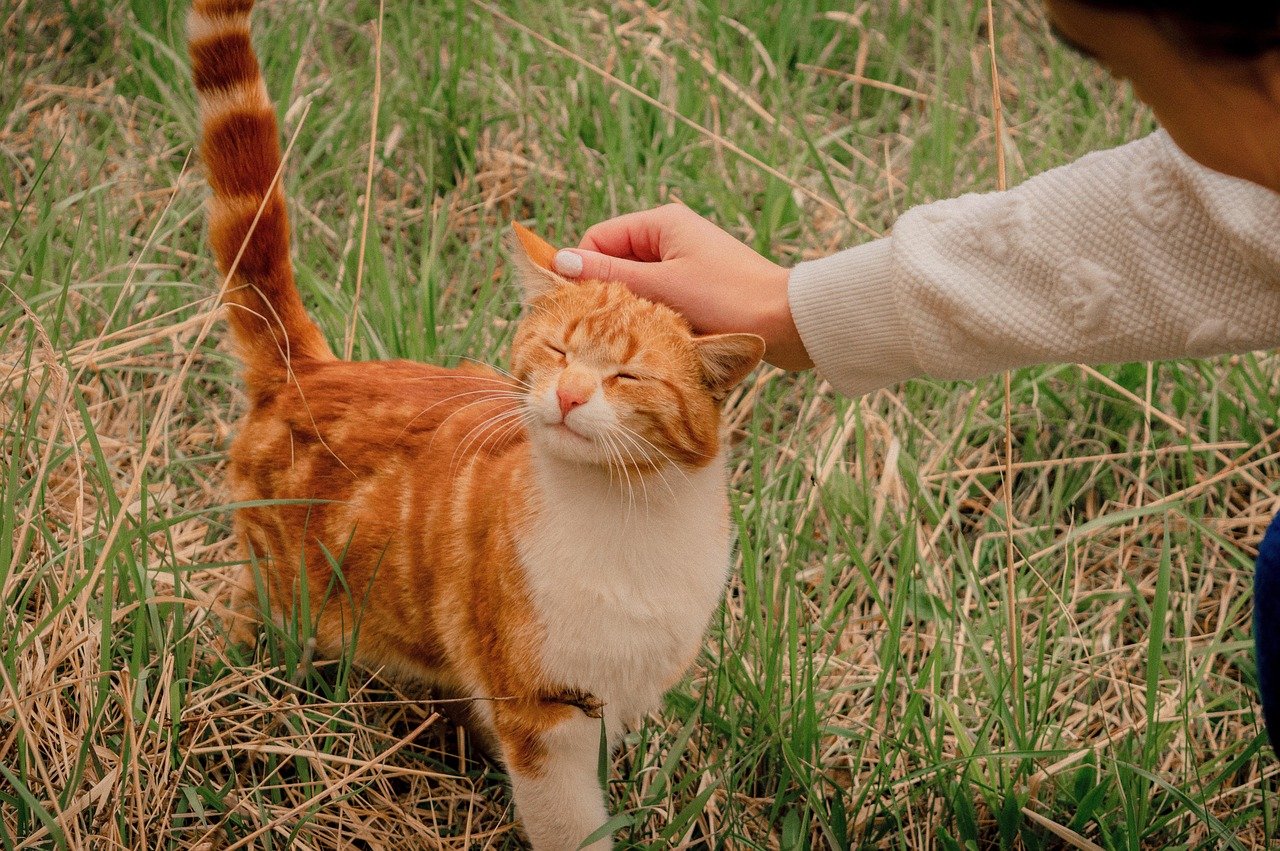
Cats have remarkable memories, especially when it comes to positive or negative experiences. If you consistently treat your cat with kindness, chances are it will remember and return the favor with affection and loyalty. On the flip side, negative experiences can make a cat wary or distant. Cats may not hold grudges like humans, but they do learn who they can trust. Every gentle scratch and soothing word helps strengthen your relationship and deepen their loyalty.
Feline Loyalty in Multi-Pet Homes
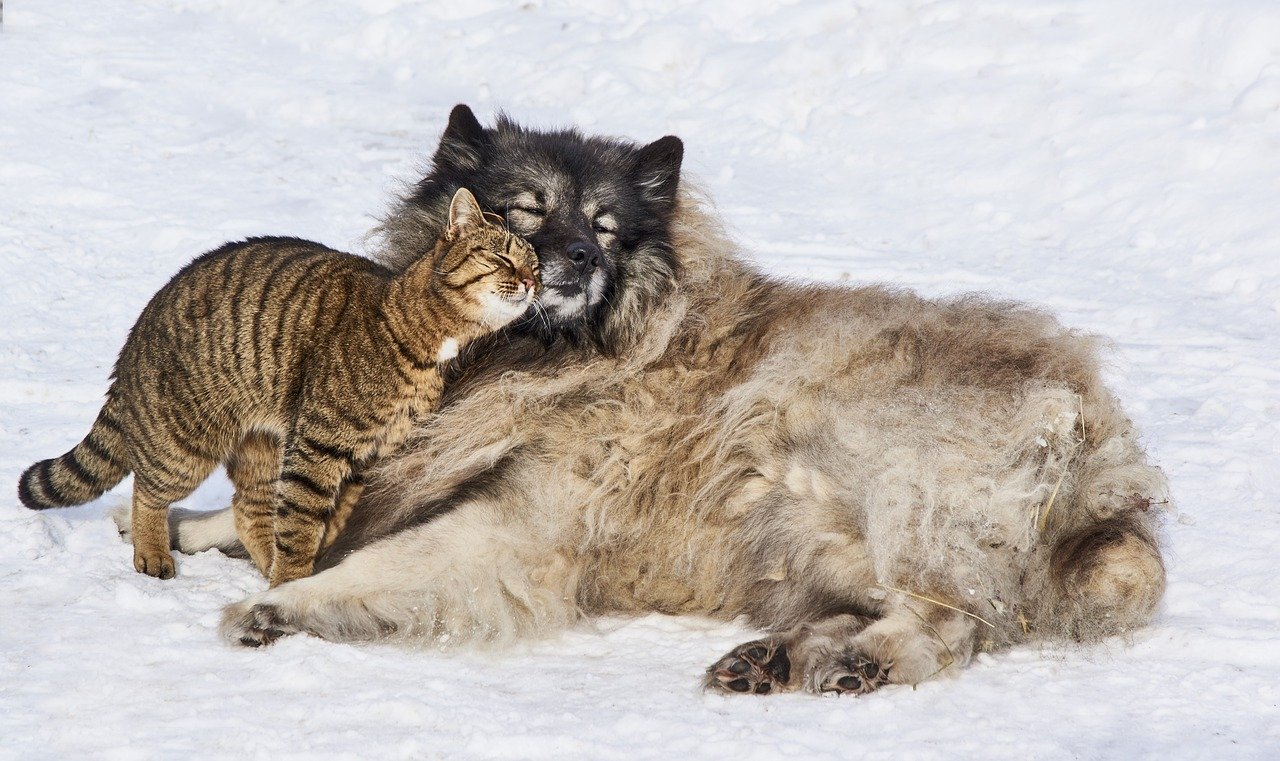
If you have more than one pet, you might wonder if your cat’s loyalty gets divided. Surprisingly, cats can form strong attachments to both humans and other animals. In multi-pet homes, it’s common to see cats cuddling with dogs, grooming each other, or sticking close to their favorite person. Sometimes, a cat chooses one family member as “their person,” but they can also spread their affection around. These social bonds are proof that cats are capable of deep loyalty, even in busy households.
How Stress Impacts Cat Loyalty

Cats are sensitive creatures, easily affected by changes in their environment. Stressful events—like moving, loud noises, or new pets—can make a cat seem less affectionate or loyal. Sometimes, a stressed cat will hide more or resist being handled. This isn’t a sign of lost loyalty, but rather a need for comfort and stability. Offering a safe, predictable environment helps cats feel secure and able to show their true loyal selves.
The Impact of Routine on Feline Relationships
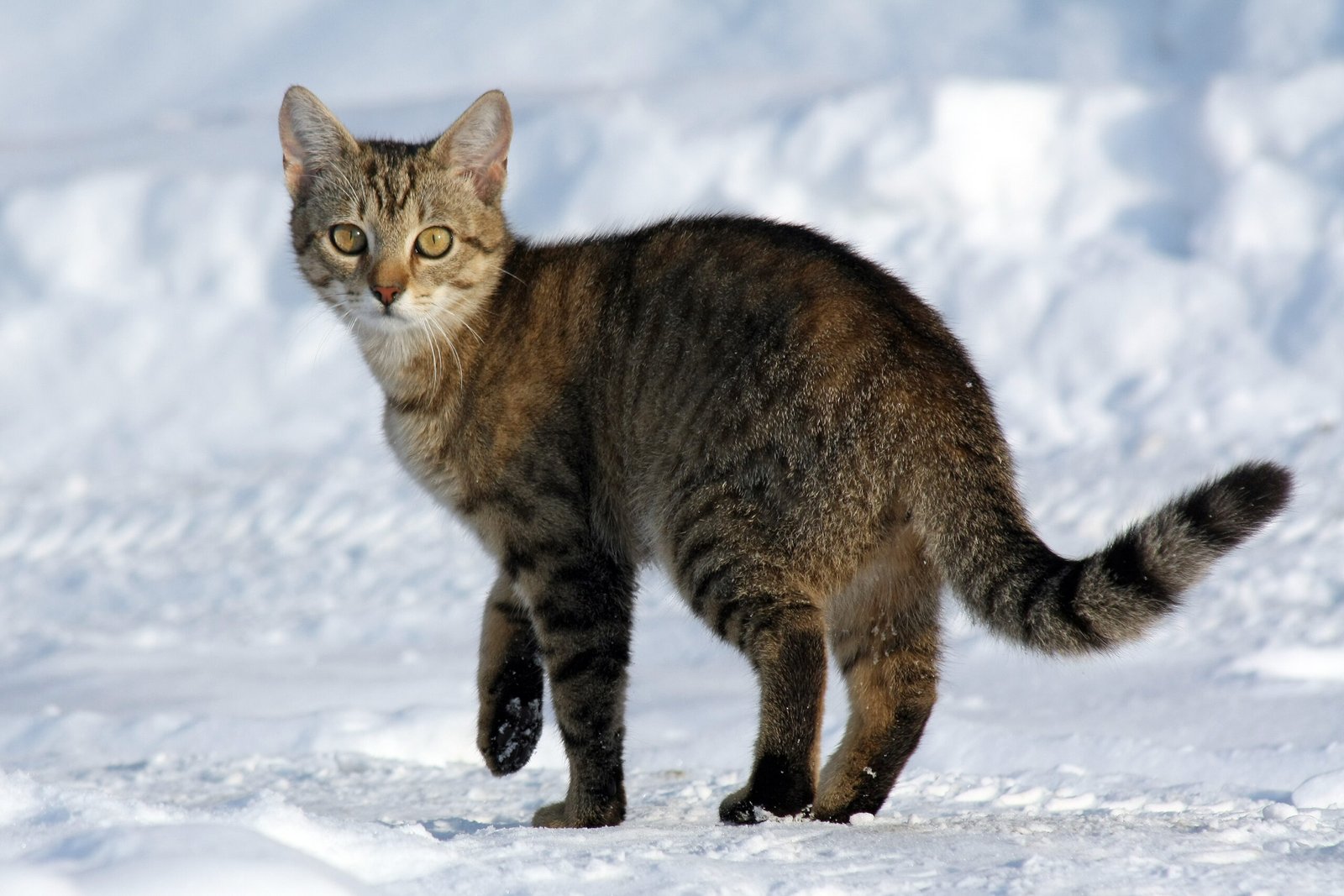
Cats are creatures of habit, thriving on routine and predictability. Regular feeding times, play sessions, and gentle attention help build a strong bond. When a cat knows what to expect, it feels safe and secure. This consistency fosters trust, which is the foundation of loyalty. Skipping routines can make cats anxious or withdrawn, while sticking to a schedule reinforces the idea that you’re a reliable and trustworthy companion.
Why Some Cats Seem Aloof
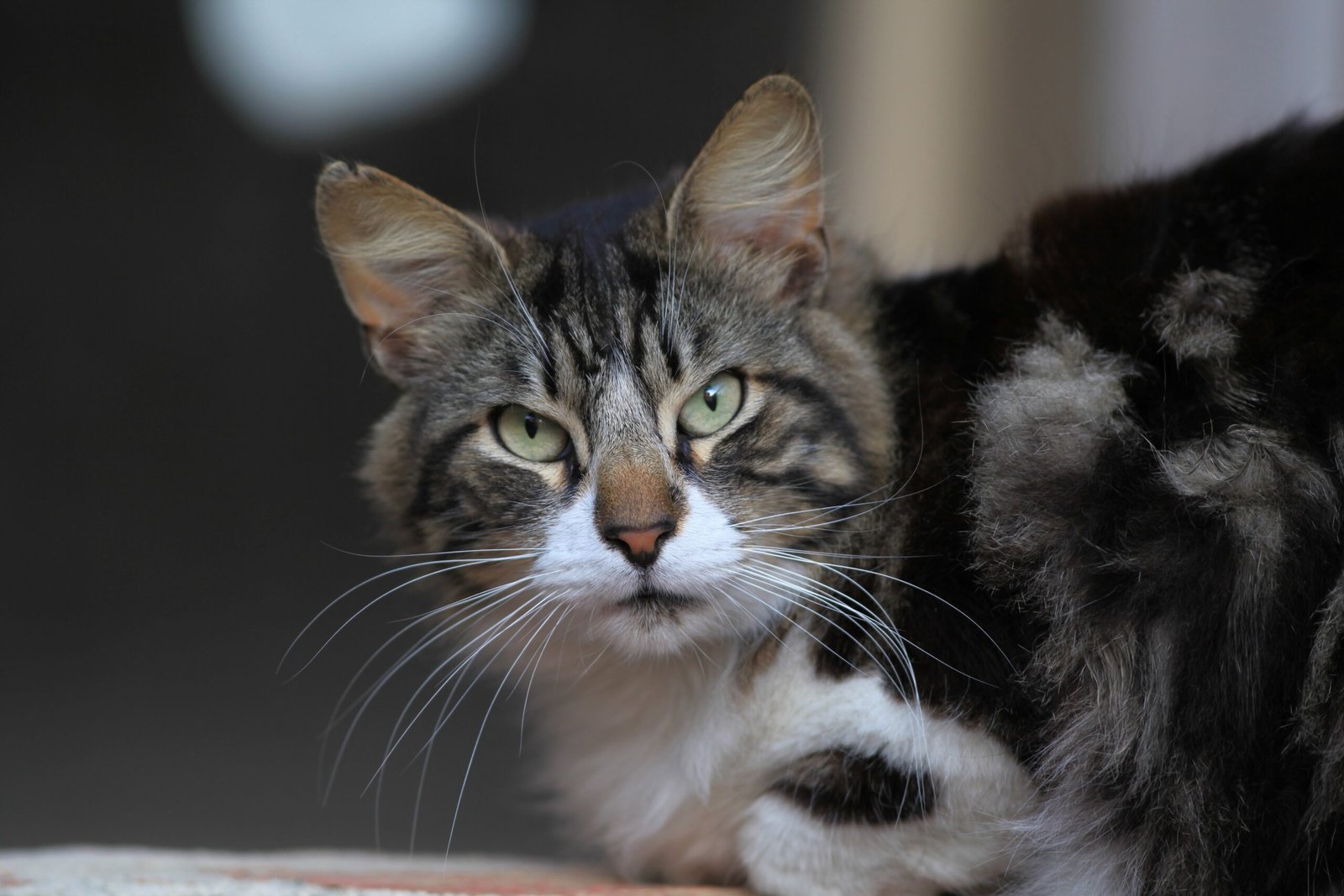
Not all cats show their loyalty in obvious ways. Some are naturally more reserved, preferring quiet observation over direct interaction. This doesn’t mean they don’t care—it just means they express affection differently. Sometimes, a shy cat will quietly follow you from room to room, or simply sit nearby without making a fuss. Understanding your cat’s unique personality is key to recognizing the subtle signs of loyalty hiding beneath the surface.
The Power of Play in Building Trust
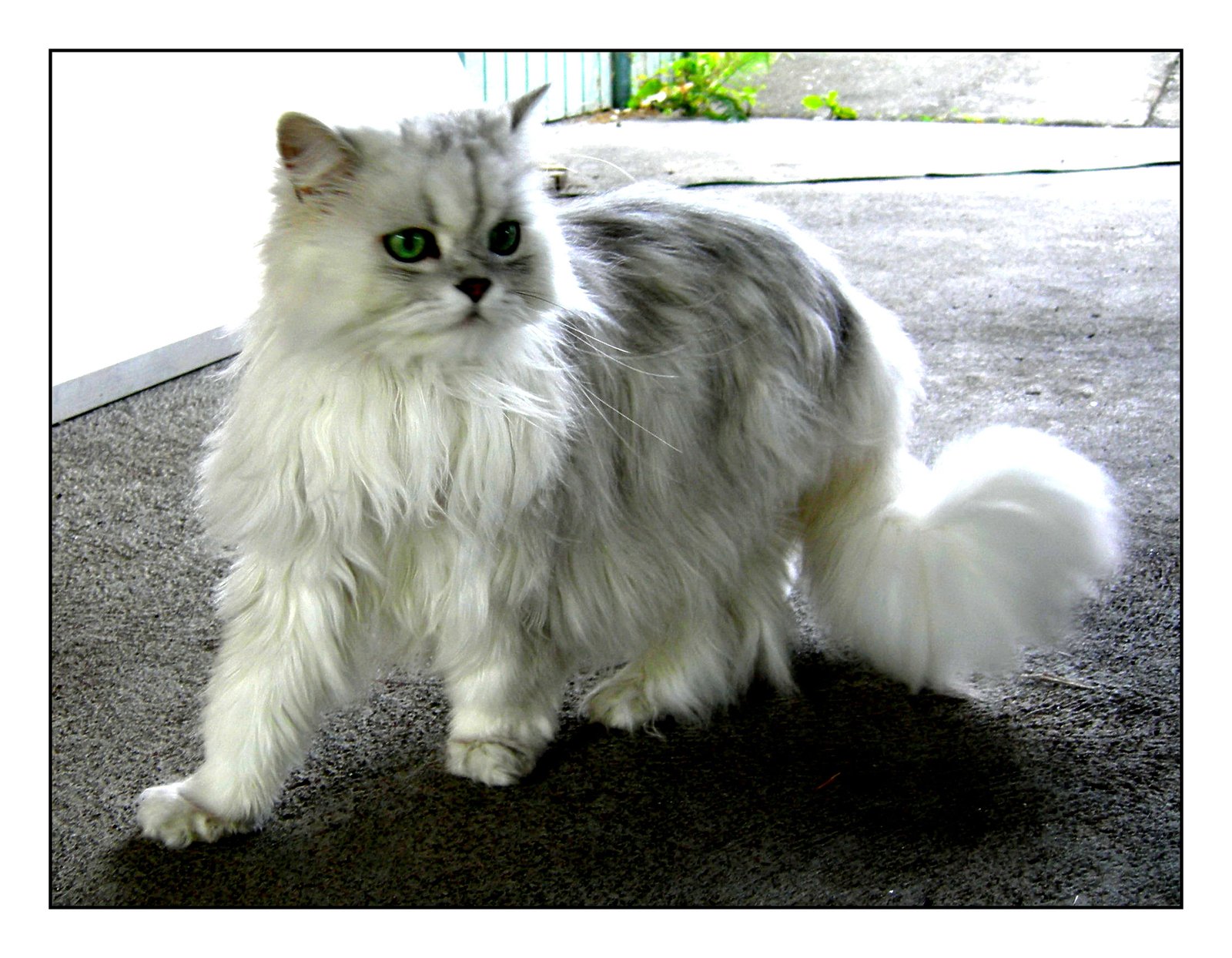
Playtime is more than just fun and games for cats—it’s a powerful way to build trust and loyalty. Interactive play helps cats see you as a source of joy and stimulation. Whether you use a feather wand or a crumpled piece of paper, play strengthens your bond and helps your cat feel connected to you. Regular play sessions also reduce stress and prevent behavioral issues, making your cat happier and more devoted.
How Illness Affects Feline Attachment
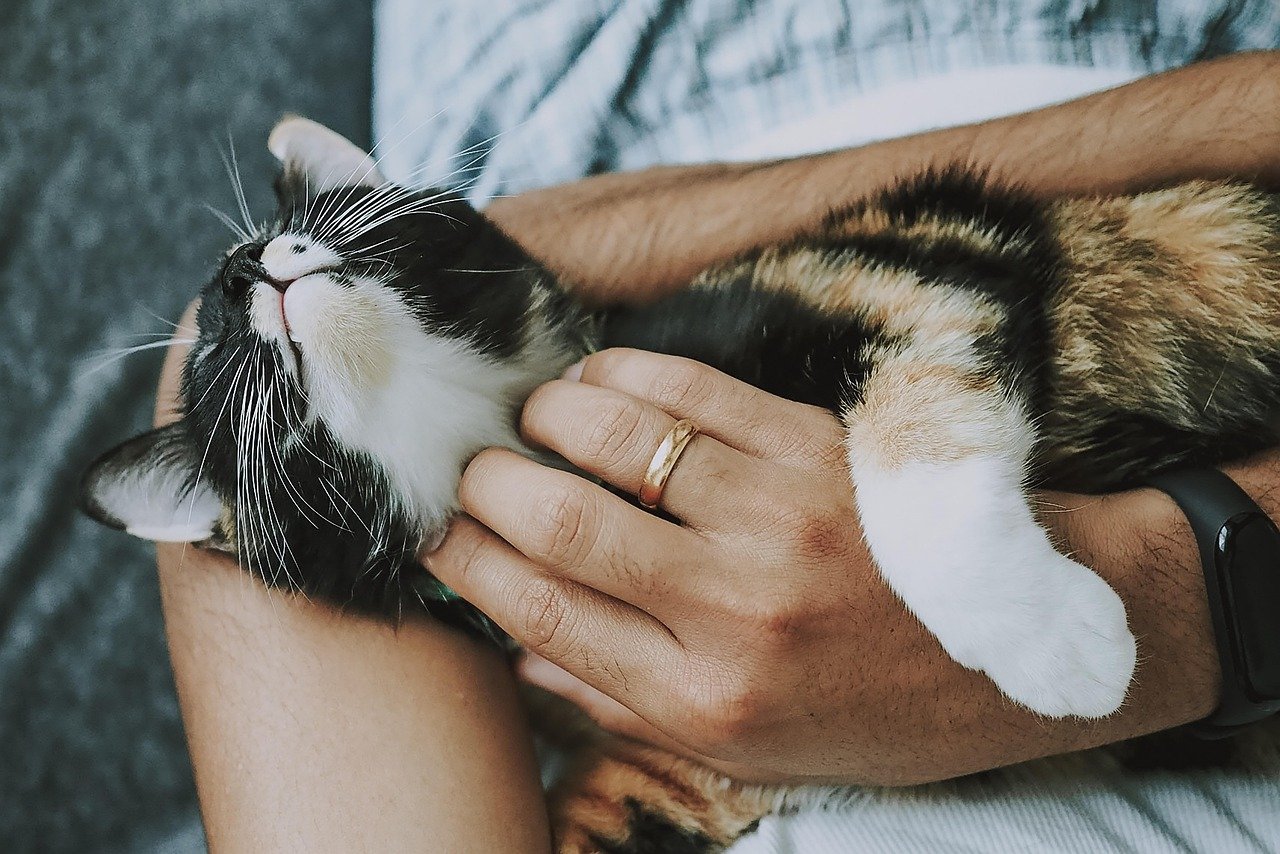
When a cat is feeling unwell, its behavior can change dramatically. Some sick cats become clingy, seeking comfort from their favorite humans. Others may withdraw, hiding away until they feel better. These changes aren’t a sign of lost loyalty, but rather a natural response to feeling vulnerable. Providing gentle care during illness can deepen your bond and remind your cat that you’re there for them, no matter what.
Feline Loyalty Across Different Life Stages

Kittens, adults, and senior cats all express loyalty in their own ways. Young kittens might be playful and curious, while adult cats settle into routines and show affection through companionship. Older cats often become more attached, seeking comfort and warmth from their humans. No matter their age, cats value stability and kindness. Adapting to their changing needs helps strengthen your bond at every life stage.
Can Cats “Miss” Their Owners?
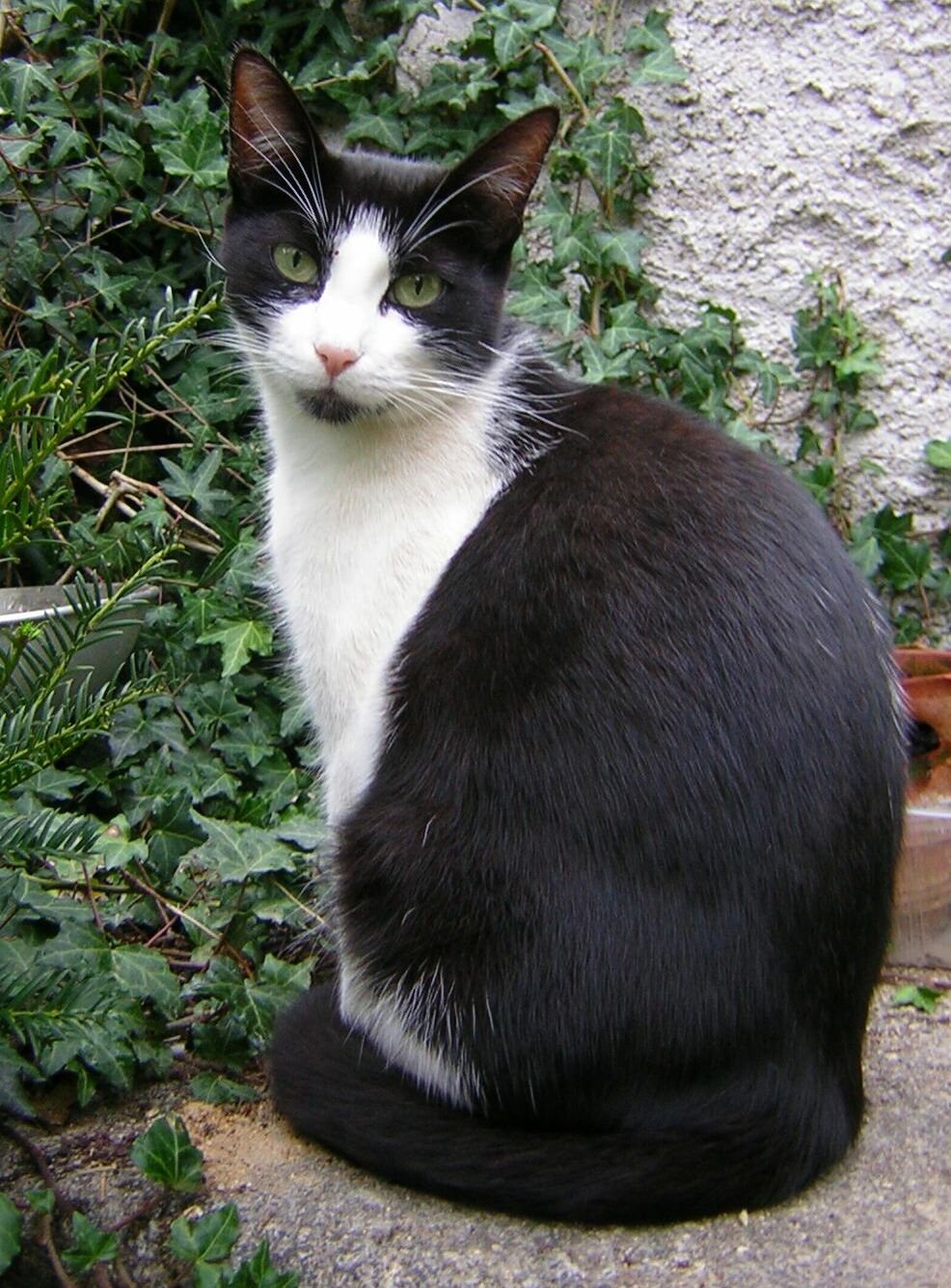
Many cat owners swear their pets act differently when they’re away. Some cats stop eating, become less playful, or even wait by the door. While cats may not pine for their owners like dogs, they do notice absences and can experience separation anxiety. When you return, your cat might greet you with a burst of affection or a playful swat, signaling that you were missed. These reactions are a clear sign of attachment and, yes, loyalty.
Stories of Remarkable Cat Loyalty
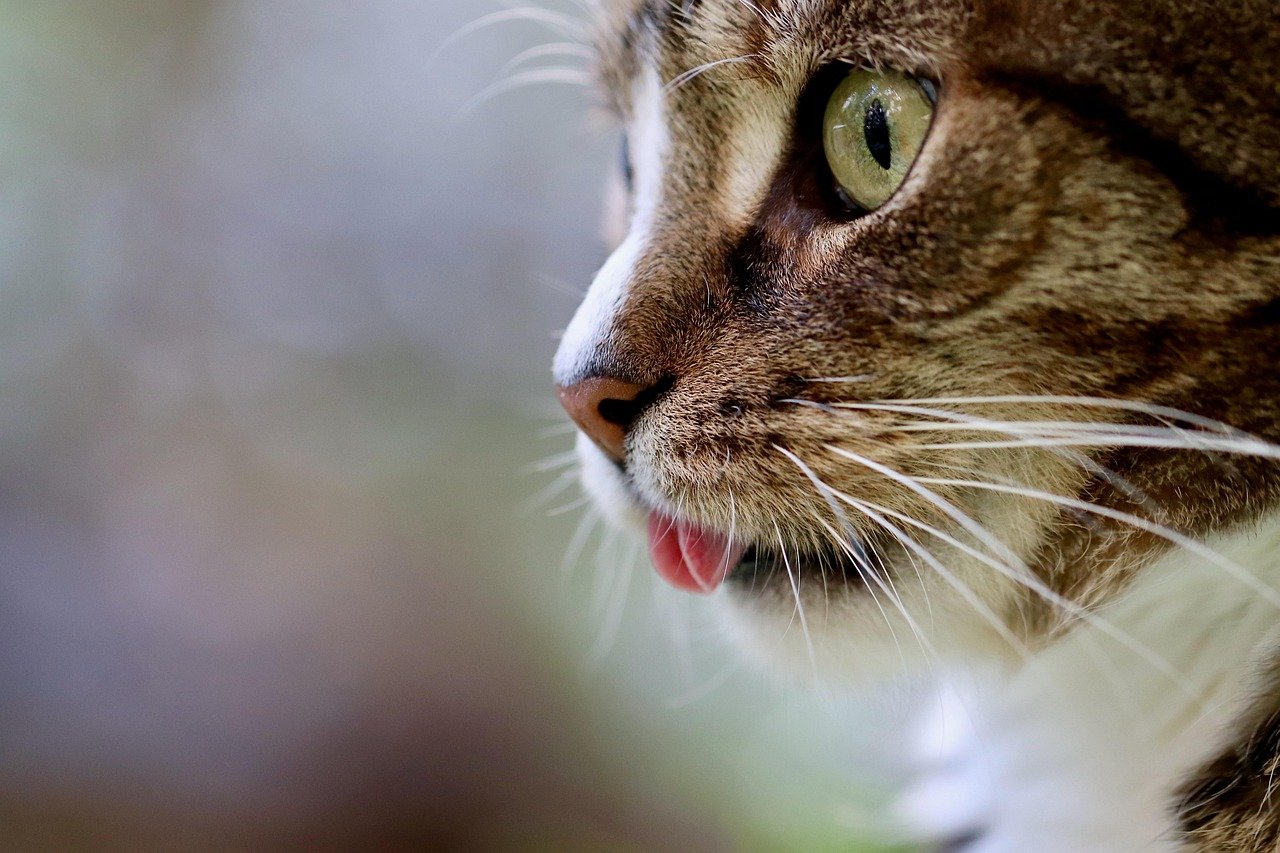
There are countless heartwarming stories of cats showing extraordinary loyalty. From cats traveling miles to reunite with lost owners, to felines staying by their sick humans’ sides, these tales defy the “independent cat” stereotype. Some cats have even alerted families to danger, earning their place as heroes. These real-life examples prove that cats are capable of deep, lasting devotion, even if they don’t always show it in obvious ways.
The Impact of Human Behavior on Cat Loyalty

How you treat your cat plays a huge role in shaping their loyalty. Gentle handling, patience, and respect for their boundaries encourage trust and attachment. On the other hand, rough treatment or neglect can lead to fear and distance. Cats are quick to pick up on tone of voice, body language, and consistency. By treating your cat with kindness and understanding, you help build a foundation of loyalty that can last a lifetime.
What Cats Teach Us About Loyalty

Cats challenge us to rethink what loyalty really means. Instead of seeking constant validation, they show us the value of quiet presence and mutual respect. Their devotion isn’t loud or flashy, but it’s real—and often deeply moving. By learning to recognize and appreciate their subtle gestures, we discover a new kind of loyalty: one based on trust, patience, and genuine connection. In the end, cats remind us that true loyalty isn’t about grand gestures, but about being there for each other, day after day.
Hi, I’m Bola, a passionate writer and creative strategist with a knack for crafting compelling content that educates, inspires, and connects. Over the years, I’ve honed my skills across various writing fields, including content creation, copywriting, online course development, and video scriptwriting.
When I’m not at my desk, you’ll find me exploring new ideas, reading books, or brainstorming creative ways to solve challenges. I believe that words have the power to transform, and I’m here to help you leverage that power for success.
Thanks for stopping by, Keep coming to this website to checkout new articles form me. You’d always love it!




